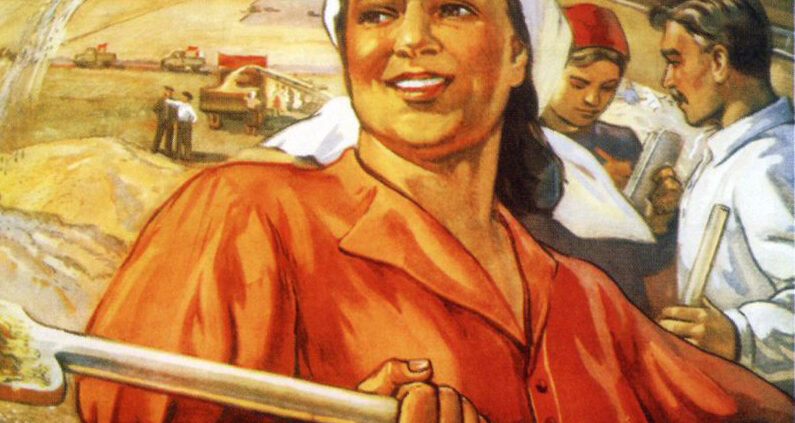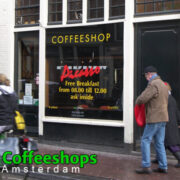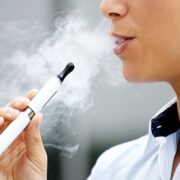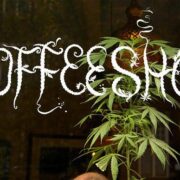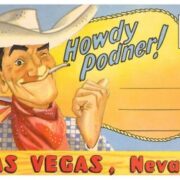The Dutch coalition parties have reached an agreement about an experiment with legal, government controlled cannabis. As planned earlier, six to ten municipalities will be conducting trials, but an additional six to ten municipalities are used as a ‘control group’. Moreover, the test can be extended if it proves successful.
During the trial, the coffeeshops involved will be allowed to have a larger trade stock (of marijuana cultivated by the state) than the current maximum of 500 grams. There will be a choice of different types of weed for customers to choose from and there will be no limit to the amount of THC, the active substance in cannabis. Should the experiment be a success, it can be extended.
A control group has also been added to the experiment. It consists of tolerated coffeeshops in the vicinity of the municipalities involved. The same measurements are made at these shops. On the basis of this so-called zero measurement, it can then be concluded whether the test with state weed was successful.
The decision is politically sensitive. The two christian democratic parties that are part of the current coalition agreed with a limited variant, which ten municipalities would participate in. But a research committee headed by Professor André Knottnerus ruled that this group would be too small for a ‘sufficiently representative survey’. The government should keep the experiment in ‘considerably more’ municipalities than the coalition agreement says.
The Committee also concluded that if the trial is a success, a national introduction of ‘state cannabis’ should be considered. The government does not want to do so for the time being, but the possibility to extend the trial does leave the door wide open.

